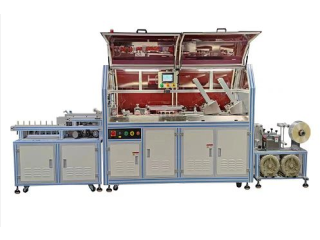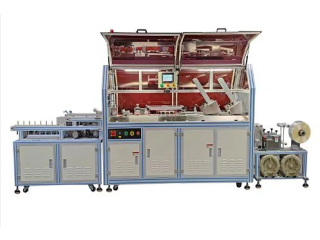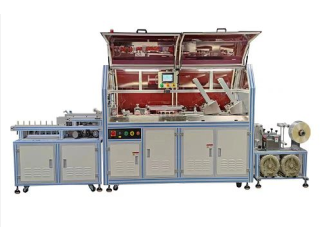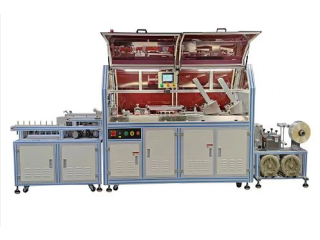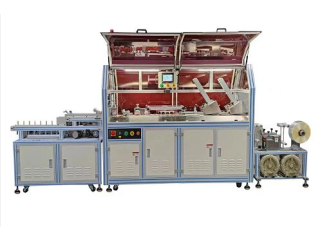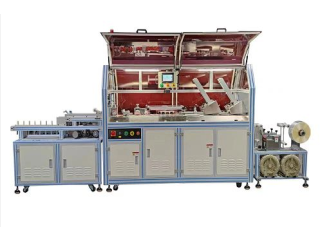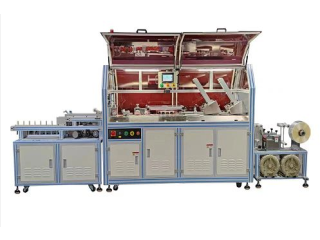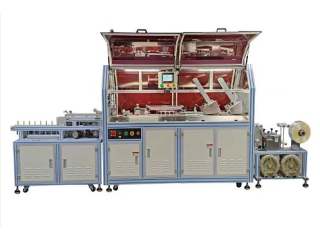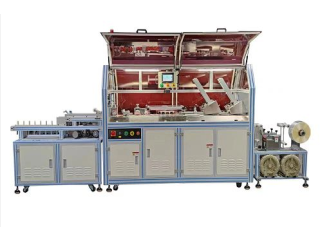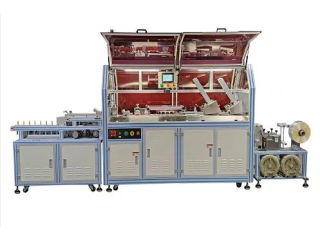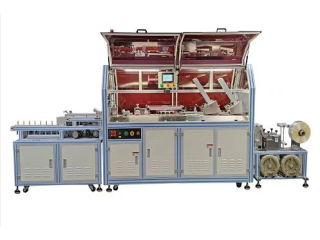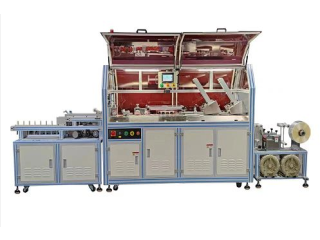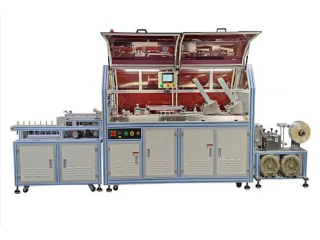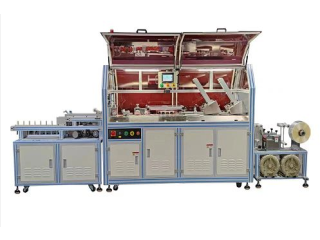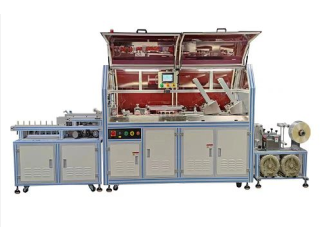Sino-grease
Nov 18th, 2022 at 07:22 Automobiles Bahawalnagar 252 viewsGrease is a semisolid liquid that consists of a liquid lubricant mixed with a thickener. The oil does the lubricating while the thickener holds the oil and provides a resistance to flow. Soaps (a metallic element such as lithium, calcium, sodium, or aluminum reacted with a fatty acid) or fine particles of a lubricating additive, such as polytetrafluoroethylene (PTFE) or lead are used as thickeners in the grease. The consistency of grease is such that it can be cut using a knife and also can flow under low pressure. Similar to oil lubricants the additives are added to grease to improve load-carrying ability, oxidation resistance, and corrosion control.
Grease has complex rheology hence it is a special lubricant. It has a multiphase formulation which includes the presence of both fluids and solids. Also, the rheological properties of the grease are dependent on both the shear rate and the duration of shearing. Grease can be defined, on the basis of its rheological characteristics, as a ‘lubricant which under the action of small loads at ordinary temperatures exhibits properties of a solid, and when the load is applied and at critical value it starts deforming to act like a liquid vice versa.
Grease Properties
Lubricating grease consists of 65-95% base oil, 3-30% thickener and 0-10% additives. All these constituents provide the grease with a semi-solid structure. The interaction between the oil and thickener system determines the flow properties, or rheology, of the grease.
Viscosity: The flow of lubricating grease is strongly non-linear due to the decrease in viscosity with increasing shear rate, called shear thinning. In general, the viscosity reaches a maximum plateau at low shear rates and a minimum plateau at high shear rates.
Shear stress: At very low stresses, no fluid behavior can be observed in greases within a reasonable time. Under these conditions, the fiber contacts are able to restrict the grease flow by mechanical obstruction. It is said that greases display apparent yield behavior, i.e. they only experience irreversible flow after minimum stress or strain has been applied, called ‘yield stress’. The yield stress is important for a number of practical reasons, since, for example, it prevents grease leakage and determines its sealing capability in a bearing.
Advantages of Grease:
(1) Functions as a sealant to minimize leakage and to keep out contaminants. Because of its consistency, grease acts as a sealant to prevent lubricant leakage and also to prevent entrance of corrosive contaminants and foreign materials. It also acts to keep deteriorated seals effective (whereas an oil would simply seep away).


